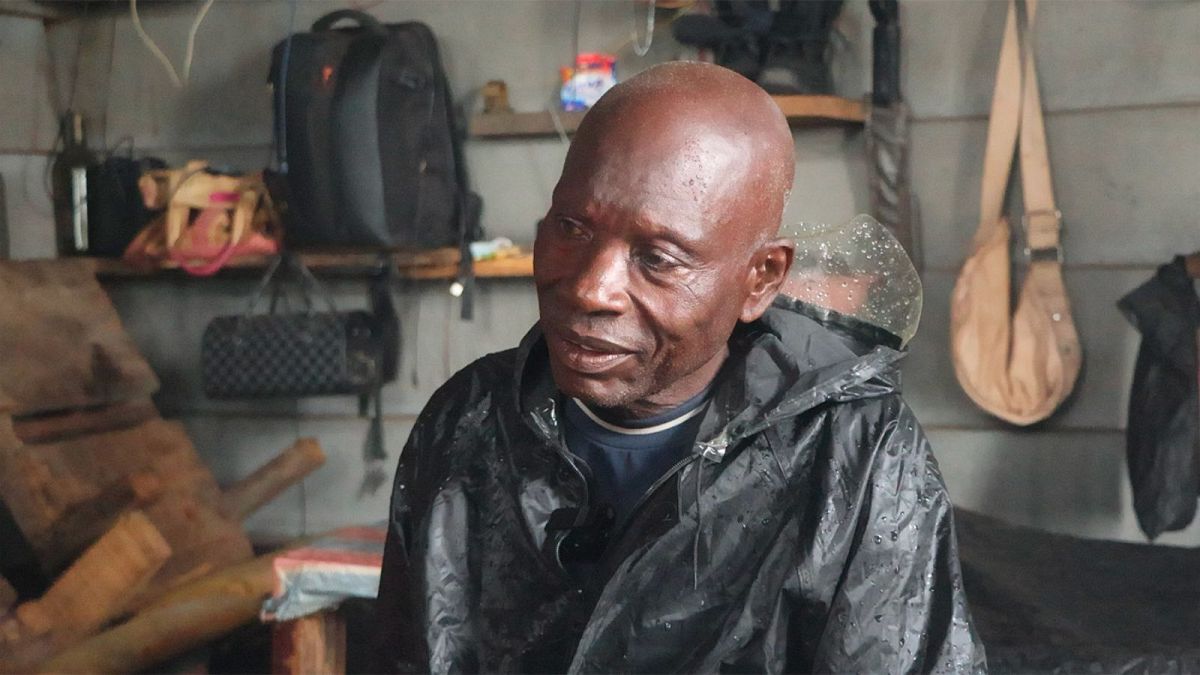

In the ever-evolving landscape of environmental and technological advancements, recent developments across Europe spotlight both promising innovations and notable challenges. The broad spectrum of these issues, ranging from biofuel initiatives and invasive species management to pioneering electric flight and groundbreaking research in pollution control, presents a rich tapestry of progress and ecological concern.
In the heart of Congo’s fertile territories, European Union-backed biofuel projects are stirring conversations around food security. While these projects claim to utilize ‘degraded lands,’ there are underlying concerns about the potential impact on the local food economy. The United Nations has underscored Congo’s critical need for sustainable, locally-grown food supplies, which could be compromised by these large-scale ventures. This situation presents a unique balance of advancing renewable energy initiatives while ensuring that local communities do not face food shortages as a consequence of shifting land use.
Meanwhile, in Germany, the charming presence of raccoons is belied by their status as an invasive species wreaking havoc on local ecosystems. Alongside other non-native species such as certain hornets, ibis, and algae, raccoons are part of a growing ecological challenge. The introduction and spread of these species have put pressure on Germany’s biodiversity, necessitating careful management strategies to mitigate their impact on native flora and fauna. Addressing such ecological disturbances requires not only innovative management techniques but also community awareness and involvement in conservation efforts.
On a more futuristic note, Denmark is at the forefront of aviation innovation with its maiden test flight of an electric airplane. This groundbreaking initiative, powered by efficient battery technology, can be charged using existing fast charger infrastructure within a mere 20 to 40 minutes. The successful demonstration of electric flight marks a significant step towards reducing the carbon footprint of air travel, an industry traditionally known for its high emissions. As the infrastructure for electric aircrafts gradually expands, the vision of a more sustainable aviation industry becomes increasingly tangible, opening new horizons for greener travel.
On the scientific frontier, promising research from the University of Cambridge has shed light on the role of gut microbes in detoxifying the human body from persistent pollutants known as ‘forever chemicals.’ These toxic compounds, technically referred to as PFAS, have long been a concern due to their durability in the environment and potential health impacts. Previously, the only methods to eliminate these chemicals from the body involved invasive procedures like bloodletting or using medication with adverse side effects. The discovery that certain gut microbes can absorb and expel these chemicals heralds a potentially transformative approach to pollution management within the human body. This research could pave the way for more natural and less disruptive methods of detoxifying from environmental pollutants.
The tapestry of stories across the European continent reflects an intricate balance between embracing innovation and addressing environmental challenges. From protecting local food economies and managing invasive species to pioneering sustainable technologies and advancing scientific understanding, these efforts collectively emphasize the importance of thoughtful and integrated approaches. As Europe navigates these intersecting paths, the continuity of ecological health and technological progress stands as a testament to resilience and responsible stewardship of both innovation and natural resources.
Source: {link}
